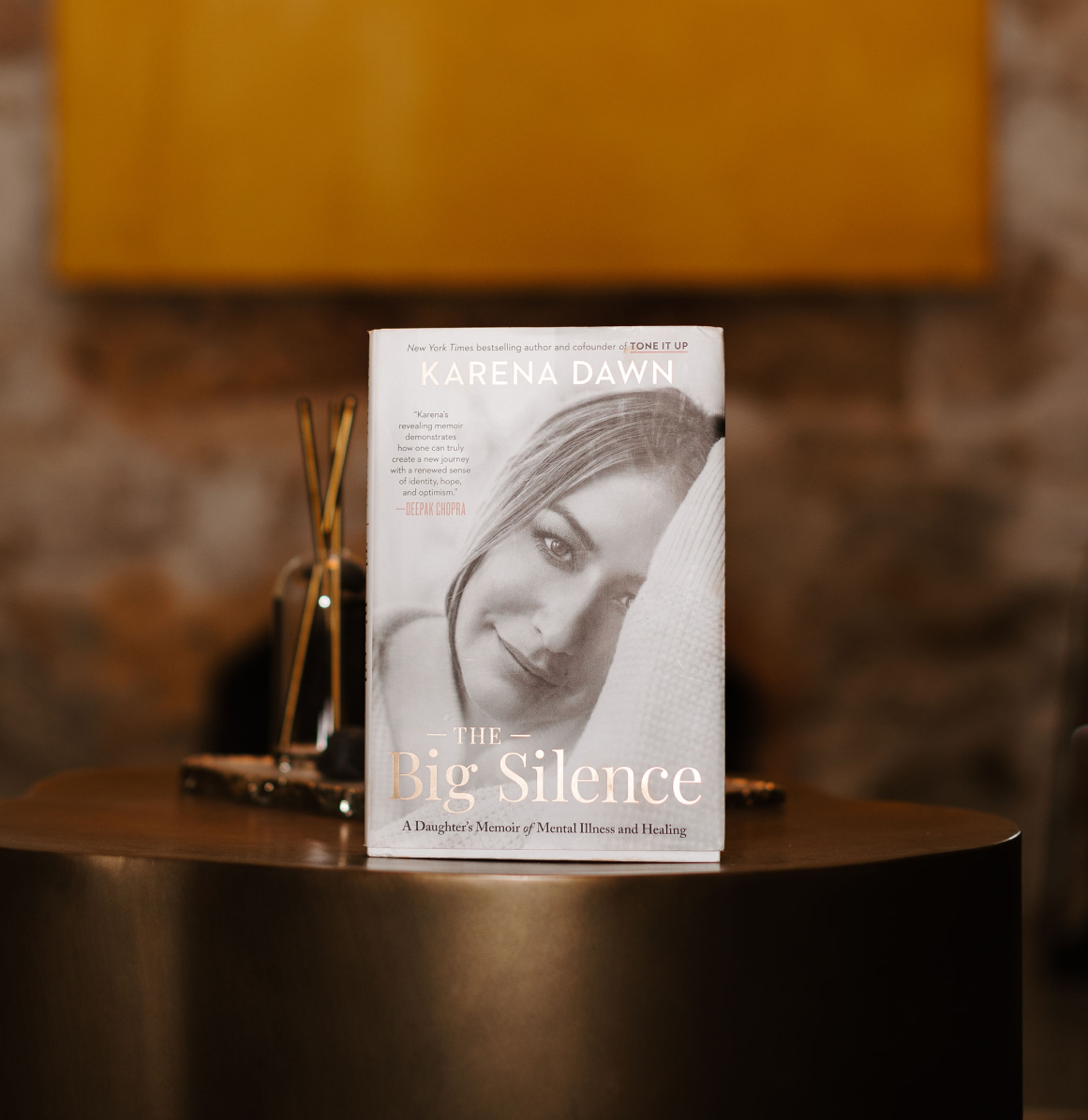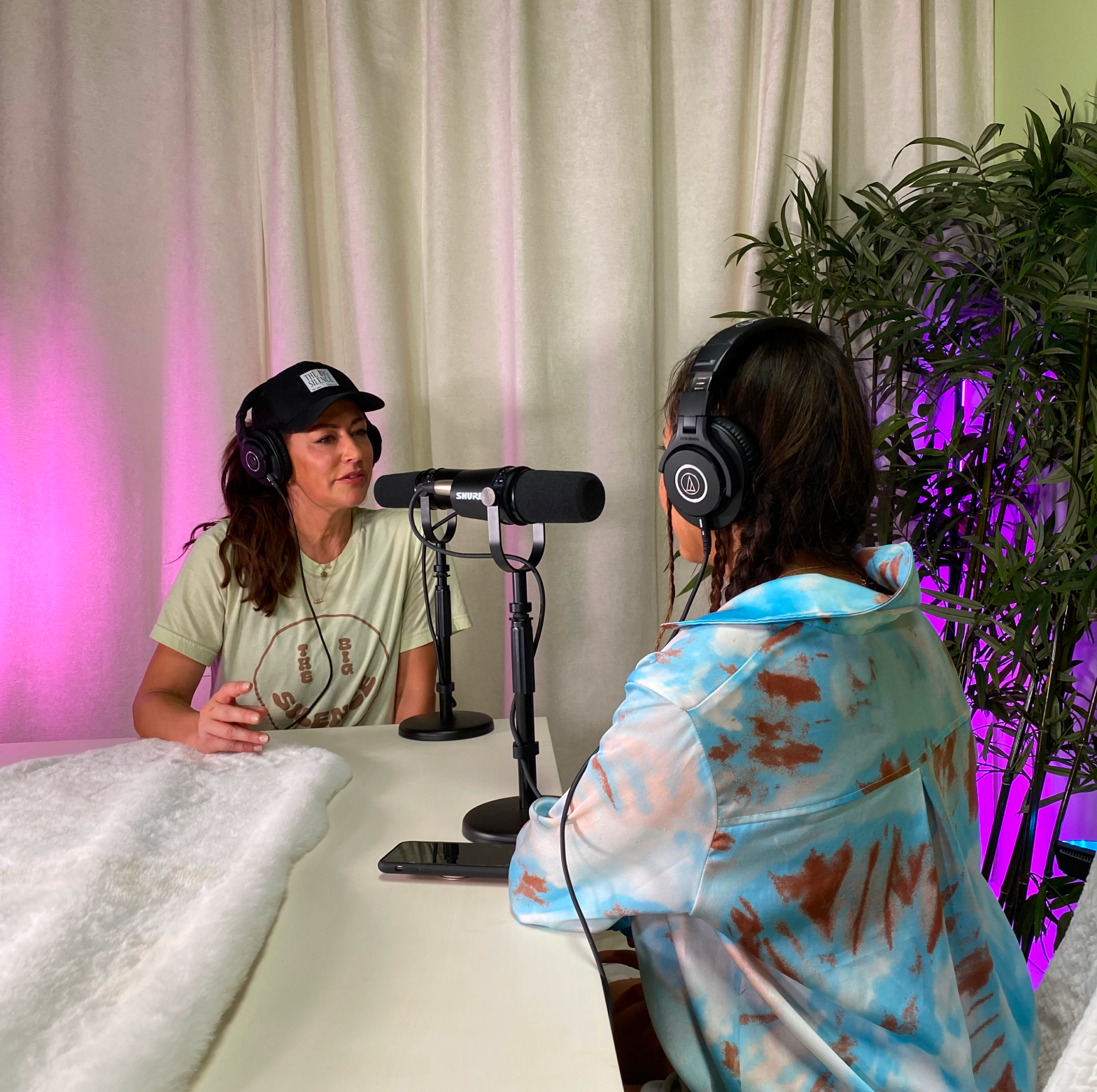
Getting Diagnosed: ADD & OCD - Professional Evaluation, Holistic Approaches, and Misconceptions
Today for Big Feels, James and I tackle a crucial question from the community: how to get a professional evaluation for symptoms of Attention Deficit Disorder (ADD) and Obsessive-Compulsive Disorder (OCD). James gives a helpful break down of the process for obtaining a diagnosis, explains the importance of consulting with a psychologist or psychiatrist, and emphasizes the difference between ADD and OCD in terms of symptoms and treatment approaches. James shares personal insights from working with clients, highlights common misconceptions about OCD, and stresses that a diagnosis is not the end—rather, it can be a gateway to empowerment and holistic healing.
Key Takeaways:
- The DSM-5 is the go-to resource for diagnosing ADD and OCD.
- Diagnoses must be conducted by a psychologist or psychiatrist, not a therapist.
- ADD in adults is on the rise, often linked to modern overstimulation.
- OCD is frequently misunderstood and glamorized, but it’s rooted in anxiety.
- Treatment options for both disorders include a combination of medication, cognitive-behavioral therapy, and holistic approaches.
- A diagnosis is not a limitation but a step toward personal growth and empowerment.
Who Would Benefit:
- Individuals experiencing symptoms of ADD or OCD
- Anyone seeking guidance on obtaining a mental health diagnosis
- Mental health professionals and coaches
- People curious about the spectrum of mental health disorders
- Those looking for a holistic approach to mental wellness
- Friends and family of individuals affected by ADD or OCD
A Diagnosis is a New Beginning, Not the End
Receiving a mental health diagnosis can come with several positive attributes that promote personal growth, healing, and self-awareness. It helps put you in charge of your life and deepen your understanding of how you might function, and what your individual needs are. It might even become your super-power.
YouTube and social media fitness star, Caleb Marshall, AKA, The Fitness Marshall, joined The Big Silence to talk about his life long experience with ADHD and how he manages it with regard to both his career and his personal relationships.
Dr. James C. Jackson, is an internationally renowned expert on long COVID and its effects on cognitive and mental health functioning. Dr. Jackson openly shares about his own mental health journey with OCD, supporting healthcare workers during 2020, the most detrimental impact of COVID on our society, and how to help children understand the importance of caring for their own mental health.
Dr. Elisa Hallerman is another gracious guest whose story mirrors some of my own. She’s the author of Soulbriety: A Plan to Heal Your Trauma, Overcome Addiction, and Reconnect with Your Soul (released just last month!) and the founder of her own mental health modality by the same name.
Experiencing relational trauma as a child stemming from her mother's own addiction issues and her father's lack of presence – she then went to California, where she suffered the loss of a close friend to suicide, triggering the onset of anxiety, OCD, and panic attacks.
Some Key Benefits of Receiving a Mental Health Diagnosis:
1. Clarity and Understanding
- A diagnosis provides a clear explanation for symptoms, behaviors, and emotions. It can help individuals understand why they feel the way they do, giving a name to their experiences and eliminating confusion.
2. Access to Appropriate Treatment
- With a diagnosis, individuals can access the right treatment, whether it's therapy, medication, or holistic approaches. Knowing what you're dealing with opens the door to effective strategies tailored to your condition.
3. Self-Acceptance
- A diagnosis can promote self-compassion by helping people see that their struggles are valid and not a personal failing. It’s a step toward self-acceptance, as the label often explains long-standing challenges.
4. Empowerment through Knowledge
- Understanding the diagnosis helps people educate themselves about their condition, enabling them to take charge of their mental health and make informed decisions about their care.
5. Validation
- A diagnosis offers validation for symptoms that may have been dismissed or misunderstood by others, reinforcing that what the person is experiencing is real and recognized by the medical community.
6. Improved Relationships
- With a diagnosis, individuals can better explain their behavior to friends, family, and colleagues, leading to more empathy, patience, and support from their social circle.
7. Personal Growth and Adaptation
- Knowing what you're dealing with allows you to adapt your lifestyle, develop coping mechanisms, and build resilience. It also encourages personal growth by setting you on a path to address specific challenges.
8. Connection to Resources and Communities
- Many people find comfort in knowing they are not alone. A diagnosis can connect individuals to support groups, resources, and communities of people going through similar experiences.
9. Reduction of Shame and Stigma
- A diagnosis can reduce internalized shame, as it shifts the perspective from "something is wrong with me" to "this is something I’m going through." It can also help combat external stigma by opening up conversations about mental health.
10. A Path to Holistic Well-being
- Beyond treatment, a diagnosis can encourage individuals to explore various holistic practices like mindfulness, meditation, exercise, and nutrition, which can all contribute to mental wellness and overall well-being.
In essence, a mental health diagnosis is a powerful tool for moving forward with understanding, treatment, and empowerment, helping individuals reclaim control over their lives.










